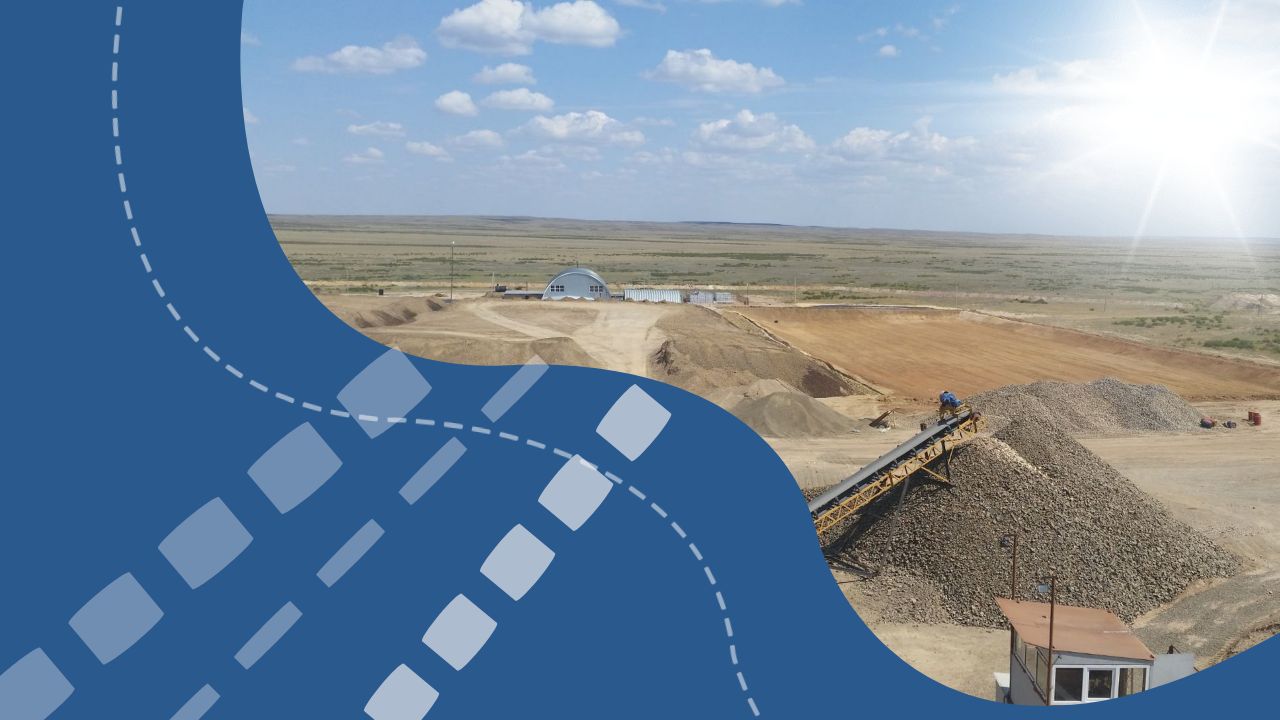Three NGOs have formally challenged the European Commission’s decision to grant ‘strategic project’ status to the Covas do Barroso lithium mine in northern Portugal — a move they say threatens both the environment and the cultural fabric of the local community.
MiningWatch Portugal, ClientEarth, and Unidos em Defesa de Covas do Barroso filed the complaint on grounds that the project, fast-tracked under the Critical Raw Materials Act (CRMA), poses serious environmental and social risks that were not adequately assessed. They argue that preferential permitting and financing for the mine were granted without proper scrutiny.
“The green transition must not be built on environmental harm and social injustice,” said Ilze Tralmaka, a lawyer with ClientEarth. “This mine threatens a fragile ecosystem and a community that has consistently opposed it.”
Critics cite unsafe tailings storage, unviable water sources, and potential contamination of the Douro River system as key concerns. Additionally, locals argue the project jeopardizes traditional farming practices and rural livelihoods in the Barroso region — a designated Globally Important Agricultural Heritage System (GIAHS).
NGOs also question the economic feasibility of the mine. With global lithium prices plummeting and multiple higher-grade spodumene projects in Australia shutting down, they argue that the Covas do Barroso project lacks financial justification. “This sets a dangerous precedent,” warns Nik Völker of MiningWatch Portugal. “It turns European peripheries into sacrifice zones.”
The mine is being advanced by Savannah Resources, which must still pass regulatory and financing hurdles, and present a definitive feasibility study before construction — currently projected for 2026 or 2027.
Local activist Catarina Alves highlights what’s at stake: “People here rely on clean water for drinking, farming, and livestock. If that’s lost, our way of life is gone. For what? A few years of lithium and a new kind of pollution?”
The NGOs are calling for a rigorous, evidence-based reassessment of the project’s status. If their request is rejected or unresolved after up to 22 weeks, they plan to take the case to the Court of Justice of the European Union.

